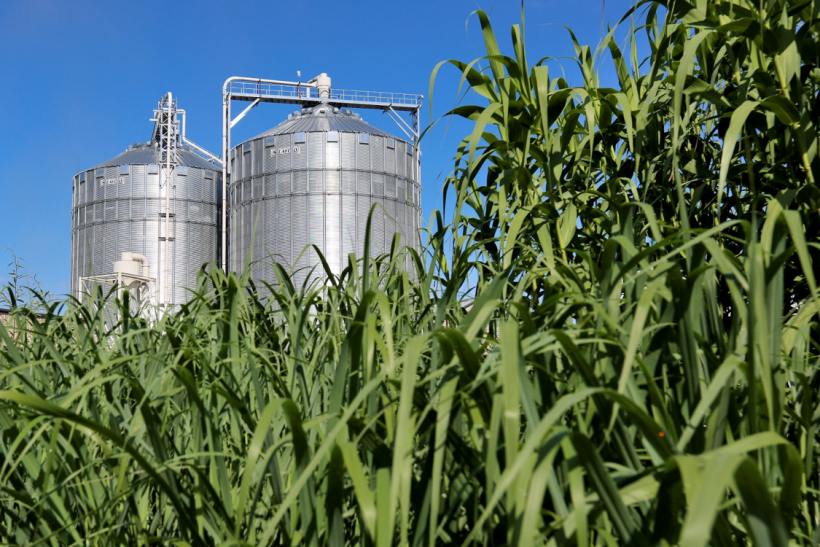Bioenergy: A Promising Alternative to Fossil Fuels
June 10, 2021
Right now, fossil fuels are destroying our planet, and in this time of panic and struggle to halt emissions and find renewable energy, many sources have come to light. One of them is Bioenergy, a very promising yet overlooked alternative to fossil fuels.
Bioenergy can be defined as “a form of renewable energy that is derived from recently living organic materials known as biomass.” This actually makes bioenergy very similar to fossil fuels, as fossil fuels are just extremely old biomasses buried underground that are dug up and burned in order to create energy. Also, biomass is the only renewable energy source that can be burned and put in engines like how fossil fuels are. The difference between the two, however, is that energy made from biomass is both renewable and comparatively clean for the environment. Unlike fossil fuels, which in their time being formed accumulate a lot of carbon dioxide that goes into the atmosphere when burned, biomass is created and burned on a smaller time scale, and thus does not release nearly as much carbon dioxide. As for renewability, unlike fossil fuel, which exists in limited quantities due to its forming process that takes millions of years, Biomass is constantly being created on a much quicker time scale. The only way to run out of biomass is to kill all of the plant life on Earth, something that will never be done as long as humans exist. When we inevitably run out of fossil fuels to burn, there will be an unlimited amount of usable clean biomass that people will need to have learned how to utilize.
In order to create Biomass, farms and dedicated production facilities could create a crop rotation where crops dedicated to energy could be produced. One example of this process is that of algae. In this example, algae is collected in vats left out in the sun, and due to photosynthesis, they create biomass that can be collected and used as fuel. On top of purposeful production of biomass, Farmers could collect plant waste from edible crops that would otherwise be thrown away and send it with the energy-crops to biomass refineries, thus leading to even more energy and extra income.
It should be noted, though, that bioenergy has a couple flaws. It is not efficient, and sometimes, it has to be mixed with fossil fuels in order to work at a sufficient rate. Due to its inherent inefficiency, a lot of space is needed in order to grow biomass to be used as energy, which is often space taken away from food production. A second important flaw is that because trees are a large contributor to biomass production, producing bioenergy could mean mass deforestation if measures were not taken to replant seeds.
Still, with proper consideration to these issues, biomass could be a promising way to create energy. With time to develop and be integrated into society, it could fuel generators, cars, and everything else fossil fuels do, but without the costly drawbacks aligned with pollution.
